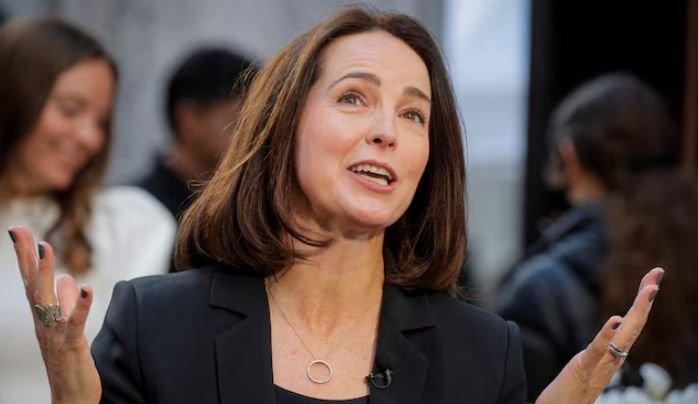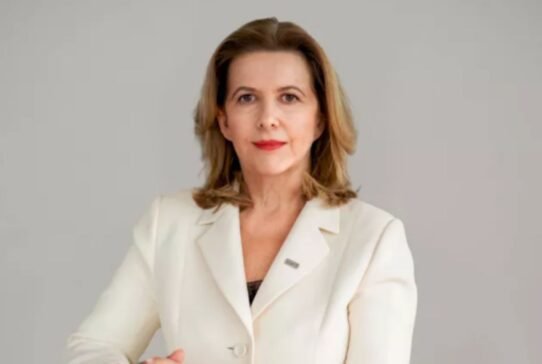Sebastian Siemiatkowski, born on October 3, 1981, in Sweden (43), is an entrepreneur, co-founder, and CEO of Klarna, a financial technology company offering online financial services. After a difficult childhood and working multiple jobs from the age of 15 to support his family, the Swede has become a leading figure in financial technology.
Early life and education
The challenges of his adolescence did not prevent him from excelling at school, first in secondary education and later at the Stockholm School of Economics. Today, his reality is very different: he leads a global financial giant while maintaining a strong interest in artificial intelligence.
A worker since age 15
Burger King was his first job. The fast-food chain marked his entry into the workforce, followed by jobs caring for the elderly, teaching, and working as a telemarketer. It was the sales experience—particularly online—that drew him toward the corporate world.
From an early age, Siemiatkowski showed both an entrepreneurial drive and a curiosity to explore new places and cultures. During his first two years at the Stockholm School of Economics, where he studied business administration, he grew restless and began traveling. With his Burger King colleague, Adalberth Niklas—who would later become his partner in Klarna—they went to the United States, worked on a cruise ship, and later as waiters. Their travels around the world left him unemployed but with a looming deadline to re-enroll at the business school.
A fresh start and the birth of Kreditor
One of the most common traits in entrepreneurship is identifying a social or economic problem. While working as a salesperson at a factoring company, Siemiatkowski noticed the difficulties businesses faced with payments during the boom of e-commerce. He kept that idea and later shared it with his schoolmate and another colleague.
Soon after, Siemiatkowski and his partners founded a company called Kreditor. The firm was initially backed by a group of investors who financed the project in exchange for 10% of the business. In a business school competition, the project failed to convince the jury—but Siemiatkowski swore he would not give up.
Twenty years after its founding, Klarna employs more than 3,000 people, holds assets exceeding $13 billion, and has total equity of more than $2 billion as of 2024. The rebranding occurred in 2009, when the company became “Klarna,” meaning “clear” in Swedish.
Sebastian Siemiatkowski, leader of Klarna
The years that followed were highly positive for Klarna and its three founders, including Siemiatkowski. By 2011, Klarna handled nearly 40% of e-commerce payments in Sweden, and later merged with a German company to form “Klarna Group.” In 2015, the Nordic group entered the U.S. market, marking a significant opportunity for expansion.
The executive and his partners forged multiple alliances with American companies. Klarna was soon labeled one of Sweden’s “unicorns”—a startup valued at over $1 billion. In 2019, after raising nearly $500 million, Klarna doubled down on its U.S. investments, making it the largest emerging startup in Europe.
What did the Swede do with AI?
In June 2025, Klarna released its quarterly results with a striking twist: the figure presenting the financial update was an AI-generated clone of Sebastian Siemiatkowski himself. “It’s me—or rather, my AI avatar,” the CEO remarked.
Klarna also announced a direct phone line for customers, featuring the AI-trained voice and knowledge of its CEO. The initiative allowed Siemiatkowski to “connect directly” with users at scale. At the same time, he expressed concern over AI’s disruptive potential: “To me, AI is capable of doing all our jobs, including mine. AI can already do everything we do,” he analyzed.
What is clear is that his early years—working around the world and gaining sales experience in factoring—paved the way for his decision to dive into the world of fintech and e-commerce.








